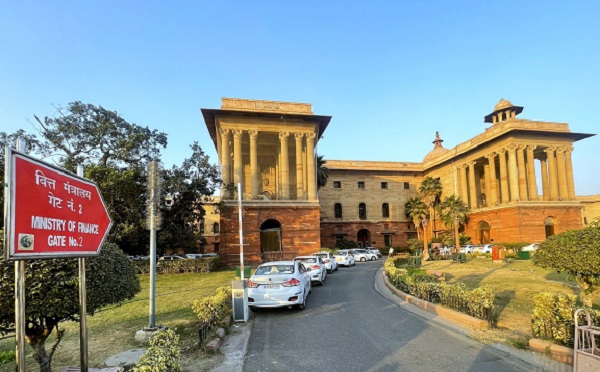.png)
RBI Steps Up Easing Cycle with Another 25 bps Rate Cut, Stance Accommodative
RBI's move reflects the MPC’s view that inflation risks have moderated and that there is a need to address domestic growth amid global uncertainties.

April 9, 2025 at 5:04 AM IST
The Reserve Bank of India today reduced the policy repo rate by 25 basis points to 6.00% at its Monetary Policy Committee (MPC) meeting. This marks the second consecutive rate cut, following a similar reduction in February.
Alongside the rate cut, the MPC also shifted its stance from “neutral” to “accommodative,” signalling that further policy easing
remains possible if supported by data.
This is the first instance in over five years that the RBI has cut rates in two back-to-back meetings. The move reflects the MPC’s view that inflation risks have moderated and that there is a need to support domestic growth amid global uncertainties.
Speaking after the decision, RBI Governor Sanjay Malhotra underlined a “decisive improvement in the inflation outlook". Recent CPI data for January and February showed a sharper-than-expected fall in headline inflation, largely driven by easing food prices.
The decline in inflation created space for the central bank to adjust its policy. With price pressures easing, the RBI has shifted its focus toward ensuring that domestic demand and investment remain stable.
On the inflation front, the RBI expects headline CPI to average 4.0% in 2025-26, slightly lower than its earlier projection of 4.2%. The easing is led by significant downward revisions for the first half of 2025-26, with April-June CPI now seen at 3.6% from 4.5% and July-September at 3.9% from 4.0%, reflecting softening food prices and a favourable base effect.
The estimates for October-December remain unchanged at 3.8%, while January-March has been revised upward to 4.4% from 4.2%, indicating potential late-year pressures.
It provides forward guidance that the RBI is prepared to continue supporting growth.
The RBI has revised downward 2025-26 GDP growth forecast to 6.5%, from 6.7% previously, reflecting caution over medium-term risks. On a quarterly basis, first and second quarters have seen downward revisions to 6.5% and 6.7% respectively, while October-December has been revised up 10 basis point to 6.6% and January-March down to 6.3%. The central bank highlighted that the recovery remains broad-based but faces global uncertainties and potential softness in external demand.




